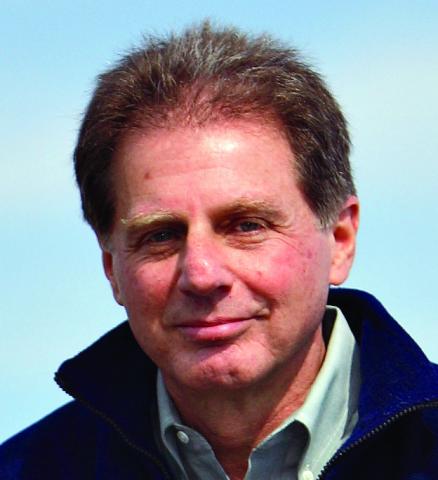event
Oral Microbiome Geography: The Site-Specialist Hypothesis
Primary tabs
Gary Borisy, Ph.D.
Senior Investigator
Forsyth Institute
ABSTRACT
The concept that different sites within the mouth support distinctive microbiotas was introduced almost 50 years ago. Subsequently, high-throughput profiling of microbes using culture-independent, DNA sequence methods showed that sites within the mouth could be distinguished by the composition of their resident microbiota. We suggest a stronger conclusion is warranted which we term the site-specialist hypothesis: that each microbe in the mouth is specialized for one habitat or a cluster of related habitats, so that the microbiota at one oral site are different from the microbiota at other oral sites not only in overall composition and proportions of common taxa but also in specific membership.
We evaluate the site-specialist hypothesis by a combination of imaging and genomics approaches. Our imaging approach employs multiplexed fluorescence in situ hybridization to localize individual taxa at the micron scale. Our genomics approach employs the construction of multispecies pangenomes and read recruitment from metagenomic samples collected from individual oral sites to evaluate the presence of individual strains at different sites within the mouth.
Host: Juan P Barraza, Ph.D. student, Whiteley Lab
Status
- Workflow Status:Published
- Created By:Jasmine Martin
- Created:10/25/2021
- Modified By:Jasmine Martin
- Modified:11/01/2021
Categories
Keywords
Target Audience

